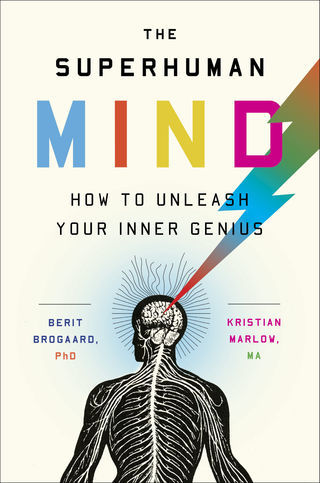Depression
Is Depression Caused by an Inflammation to the Brain?
Researchers debunk old depression hypothesis.
Posted April 4, 2017

A long-lived hypothesis in psychiatry has finally been debunked. The hypothesis was that a defect or alteration in the gene that codes for the serotonin transporter makes people more susceptible to depression in stressful circumstances. In a nutshell, the hypothesized mechanism was this: the deviant gene coding for the serotonin transporter somehow became overactive in stressful situations. As a result, the feel-good chemical serotonin would be transported more quickly and effectively into the brain cells. The brain's active serotonin levels would consequently be lower than normal. By giving depressed patients an SSRI antidepressant, which reduces the efficacy of the serotonin transporter, some patients would experience fewer symptoms of depression.
A meta-analysis carried out by scientists at Washington University in St. Louis, however, has disconfirmed the link among increased stress, depression and the particular gene coding for the serotonin transporter. The researchers analyzed information from more than 40,000 people and found no significant relationship.
The researchers point out that there probably is a correlation between stress and depression but that the particular gene that codes for the serotonin transporter is not the direct cause of this.
So, how are stress and depression related? One emerging hypothesis is that the immune system is to blame. We have known for a long time that people with immune-system related disorders are more prone to depression compared to healthy individuals. But there is also some evidence that stress hormones released in stressful situations can create the same type of inflammation in the body and brain as immune-system related diseases.
The new results strongly indicate that serotonin-altering drugs (SSRIs) may not work directly by inhibiting the serotonin transporter but may have an impact on the immune system.
The alternative hypothesis does not by itself explain why so many depressed individuals do not respond to serotonin-altering drugs. The most likely explanation why many depressed people are resistant to SSRI therapy is that depression sometimes is caused by a change to the (reward/motivation) dopamine system rather than the serotonin system.
Berit "Brit" Brogaard is an author of The Superhuman Mind and the author of On Romantic Love.



